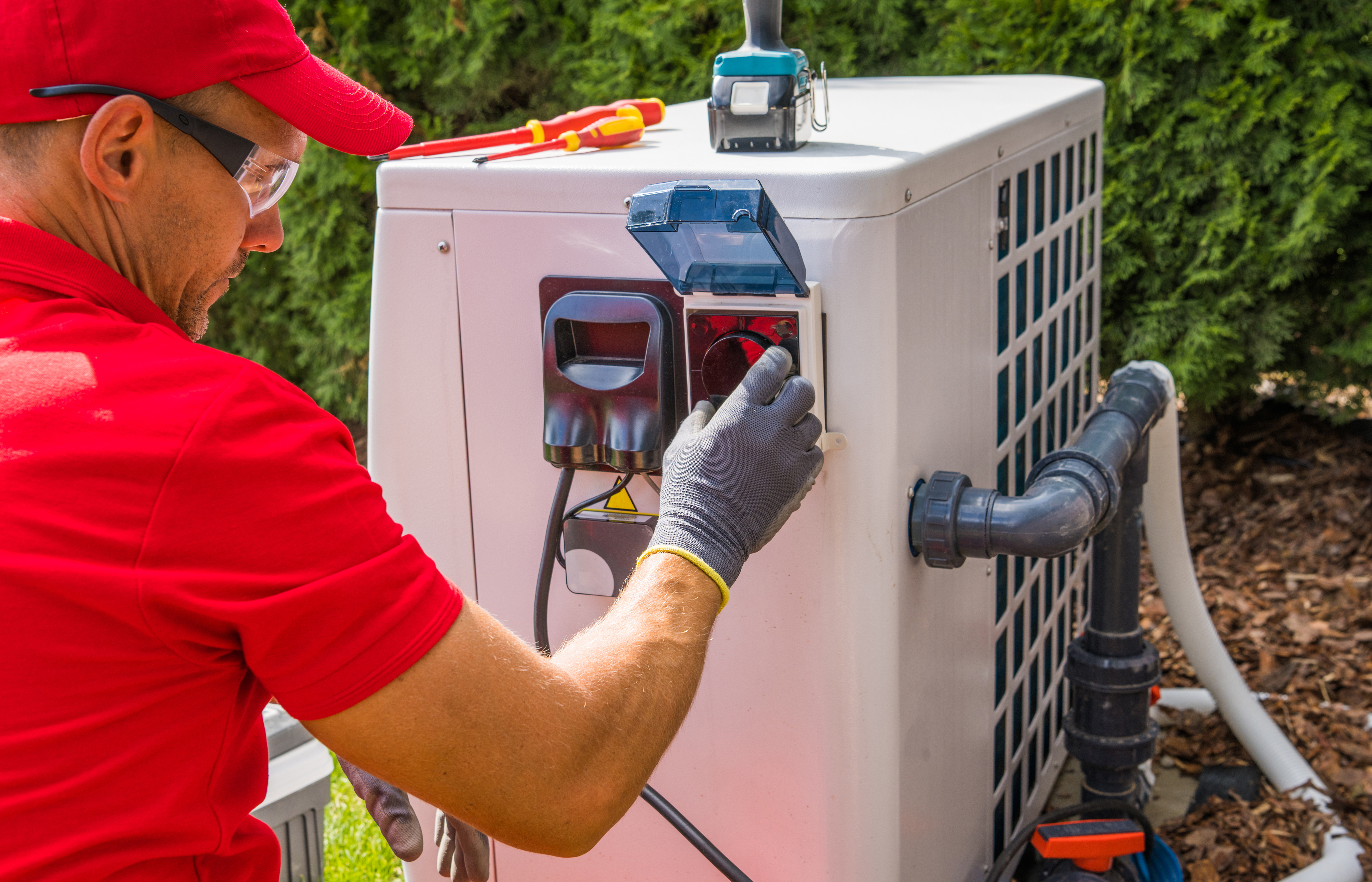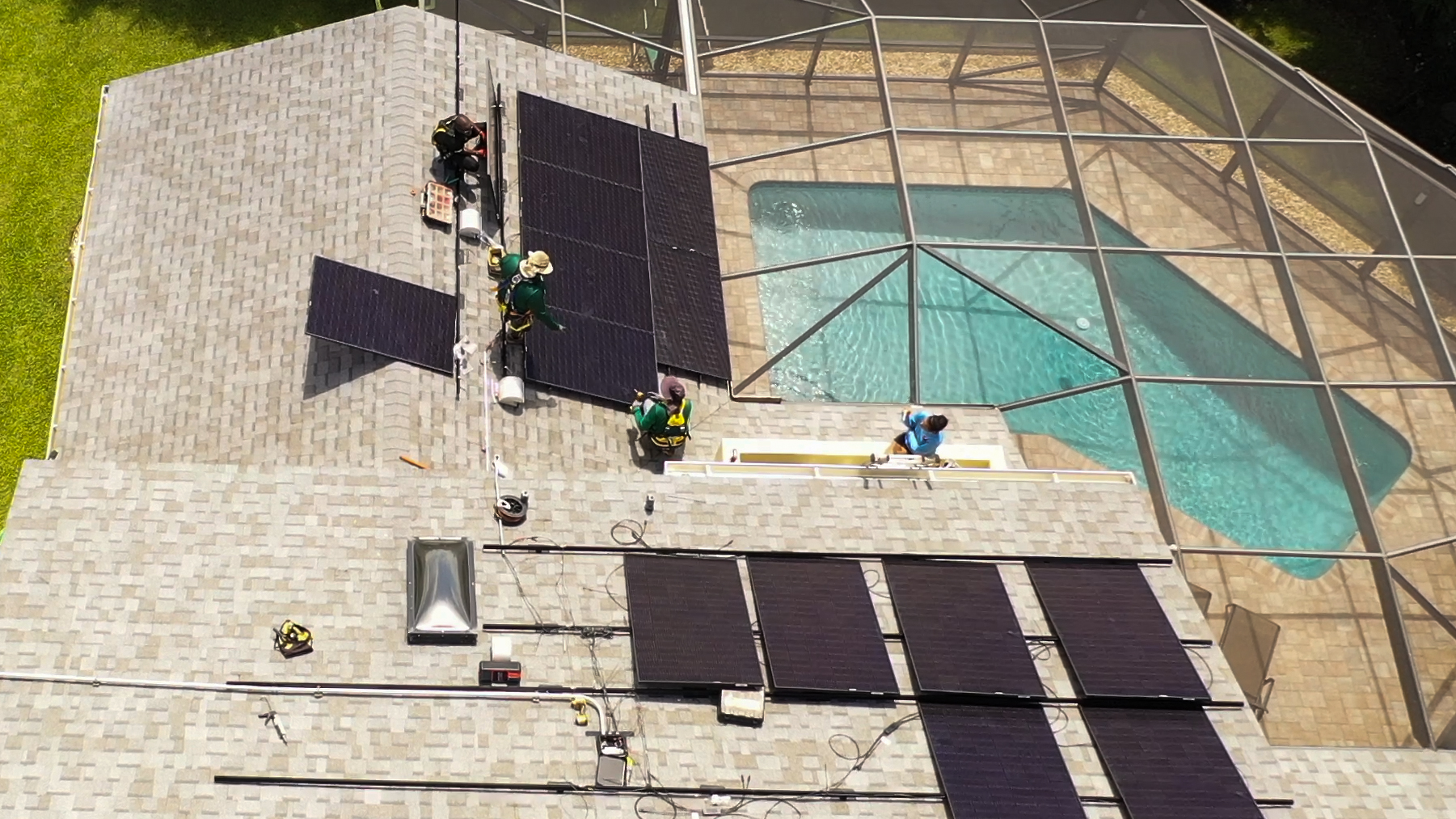Photo courtesy of Panasonic Eco Systems
The solar panels in your home energy system can last for up to three decades. That's a long time when you consider all the changes that might take place in your house over 30 years. People may come and go, you may start working remotely (or go back to the office), or you may buy an electric vehicle (EV). Any of these changes will also affect how much energy you use at home.
Your home solar energy system can and should evolve with your changing energy needs. That way, you can meet more of your increased energy demand with free solar power from your panels, rather than paying for more energy from the grid.
While you definitely can expand your existing solar system, there are a few considerations you should be aware of. For example, you may have to replace your inverter to accommodate the additional power, or submit a new interconnection application to your utility.
Let's look more closely at what's involved in increasing the size of your system.
When you should expand your home solar energy system
Before you talk to an installer about adding more solar panels, make sure you know why you need them. Then your installer will work with you to design an addition that will meet your energy needs and budget.
Some common reasons you may want to expand your solar system include:
- You just moved into a new home and the existing system doesn't cover all of your energy needs.
- More people now live in your home.
- You bought an EV and want to charge it at home.
- You work from home more regularly, so you use more power during the day.
- You bought new appliances (e.g., a heat pump or even a pool) that use more electricity.
Figure out how much more power your home needs
Dig out your recent energy bills to get a sense of how much energy you use in a typical month. If your new load is just a little more than your average, then you may consider simpler ways to optimize the energy production from your existing panels. For example, you could try reducing the amount of shade on your panels. You can also look at implementing some energy-efficiency measures to use less energy overall. Examples include ensuring your home is well insulated, installing double-glazed windows, sealing drafts, and using smart appliances that can optimize your energy use.
If you need much more energy, however, it may make sense to increase the size of your solar energy system.
Factors to consider when increasing your home solar system
#1. How big is your roof?
Look at how much space you have on your roof for new panels. If there's not much space, you may not be able to add enough panels to generate all the power you want. Instead, there may be other places on your property for the additional panels.
#2. What's the cost to add more solar panels?
The cost to expand your solar energy system depends largely on how many panels you need — which depends on how much extra power you need — and whether you have to replace your solar inverter. Your installer will look at your existing system and additional energy needs and give you a quote.
- If your existing system uses a string inverter, then you'll need to upgrade it. These inverters are not designed with extra capacity.
- If your existing system has a micro-inverter, each panel actually has its own inverter. You'll just add additional micro-inverters to each new panel.
For the solar panels themselves, try to use the same ones as your original system. At least get them from the same manufacturer. If that's not possible, look for panels with the same or a similar power output. Your installer can help with this.
Photo courtesy of Panasonic Eco Systems
#3. Who will install the additional panels?
Contact your original installer first. They're already familiar with your property and existing system, so it will be easiest for them to add more panels. If your original installer doesn't do system add-ons, then you'll need to look for another installer. Just know that some installers won't expand projects that they didn't install. You may need to shop around. Tools such as Panasonic's installer locator can help you find reputable installers in your area.
#4. Do you need additional permits?
Depending on how many solar panels you're adding and whether you're replacing the inverter, you may need additional permits. If you're adding more than a couple of kilowatts and replacing your inverter, you'll also probably have to submit another interconnection application with your utility. Your installer will know for sure and will help you with the process.
#5. What happens to the warranties from your existing home solar system?
System components, including inverters, tend to have separate warranties to the solar panels. This means that if your inverter needs replacing, it will come with a new warranty. Your existing solar panels will remain under their original warranty and your new panels will come with their own warranty.
Whatever your home energy needs, Panasonic has the solutions, resources, and trusted professionals to help. Learn more about going solar with Panasonic.





